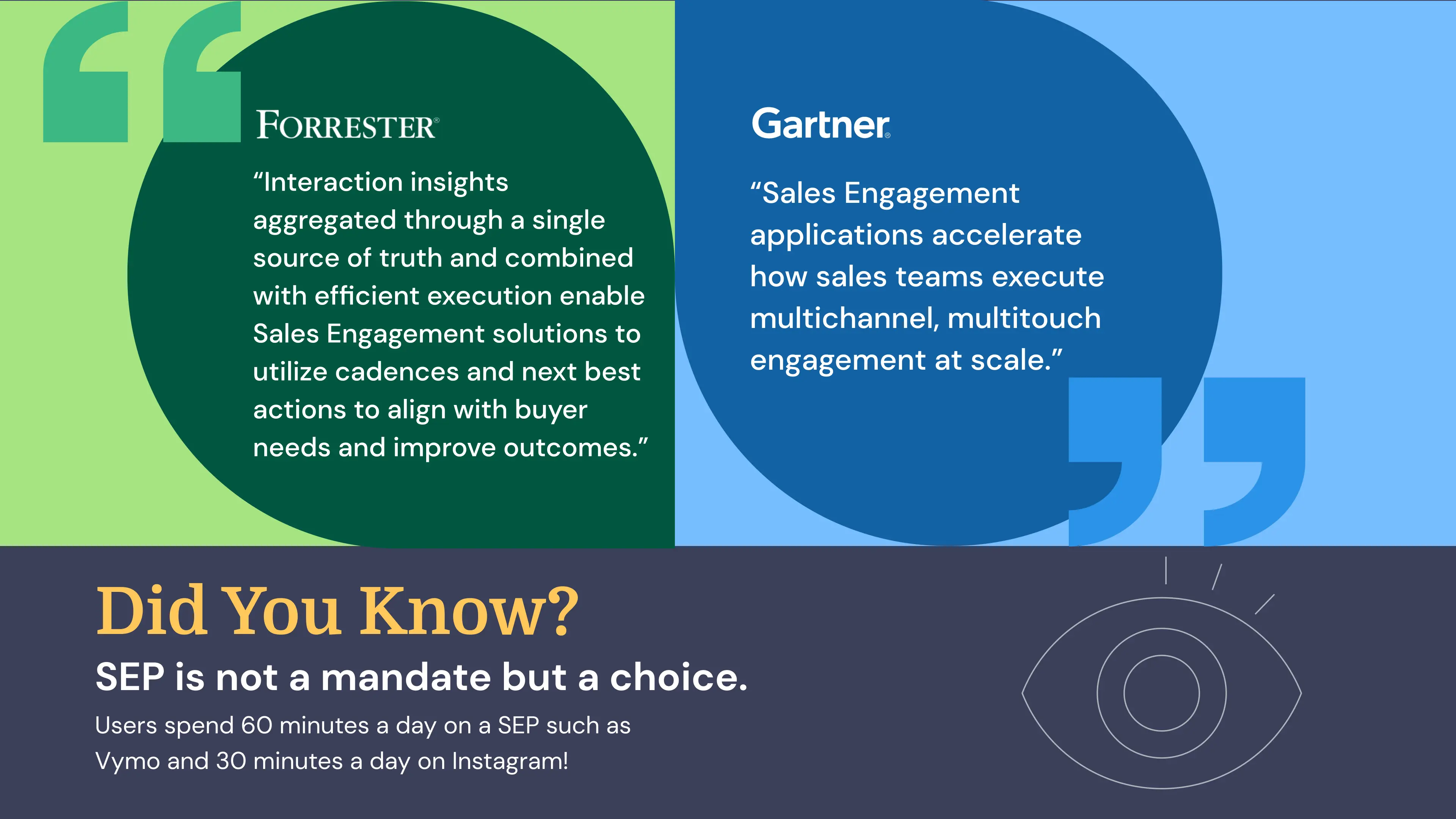Gone are the days when sales relied solely on intuition and generic pitches. Today, sales teams leverage a wealth of insights to refine every aspect of the sales process. Utilizing insights effectively can significantly enhance conversion rates and propel revenue growth.
At the heart of analytics-informed sales is the ability to gather, analyze, and act on relevant insights. This involves tapping into various sources such as customer demographics, behavior, past engagements, and market trends. Through advanced data analysis and machine learning algorithms, sales teams can uncover valuable patterns and identify the most promising leads.

How to leverage Smart Selling Insights to Engage Customers
Personalization at Scale
One of the most significant advantages of modern sales engagement is the ability to personalize interactions at scale. Rather than adopting a one-size-fits-all approach, sales reps can tailor their messaging and content to resonate with the specific needs and preferences of each prospect.
By analyzing past interactions and behavioral cues, sales engagement platforms offer valuable insights into individual prospects’ interests and pain points. Armed with this information, sales reps can craft highly targeted messages that are more likely to capture the prospect’s attention and drive engagement.
Predictive Lead Scoring
In the past, lead scoring was often subjective and manual. Today, predictive lead scoring algorithms analyze vast amounts of information to identify patterns and predict which leads are most likely to convert.
By assigning a numerical score to each lead based on their likelihood of conversion, sales teams can prioritize their efforts effectively. This ensures that reps focus their time and energy on the most promising opportunities, maximizing their chances of success.
Optimizing Sales Cadences
Another crucial aspect of analytics-informed sales engagement is optimizing sales cadences. A sales cadence refers to the sequence of touchpoints that a sales rep uses to engage with a prospect, including emails, phone calls, and social media interactions.
By analyzing historical data on successful sales interactions, sales engagement platforms can identify the most effective cadence patterns for different types of prospects. This allows sales reps to tailor their outreach strategies for maximum impact, increasing the likelihood of conversion while minimizing the risk of alienating prospects.
Continuous Improvement through Insights
In the decade of data driven sales engagement, learning is continuous. By consistently monitoring and analyzing sales performance, teams can identify areas for improvement and refine their strategies over time.
Advanced analytics tools provide real-time insights into key metrics such as conversion rates, response times, and engagement levels. By closely tracking these metrics, sales teams can identify bottlenecks and inefficiencies in their processes and take proactive steps to address them.
Building Lasting Relationships
The Forrester Wave 2022 spotlights Vymo as a great fit for “financial institutions with large sales forces seeking a single pane of glass that captures interactions and provides nudges to support the ongoing prioritization of efforts, no matter where they are.” In today’s competitive business landscape, success hinges on effective engagement with prospects. With data driven insights, the likelihood of engaging leads is 800% higher. They help the sales rep to take the right action at the right time and improve customer relationships.
Are you ready to transform your sales process and drive meaningful results? Reach out to us today to discover how our enterprise solutions can propel your business forward!




Permalink